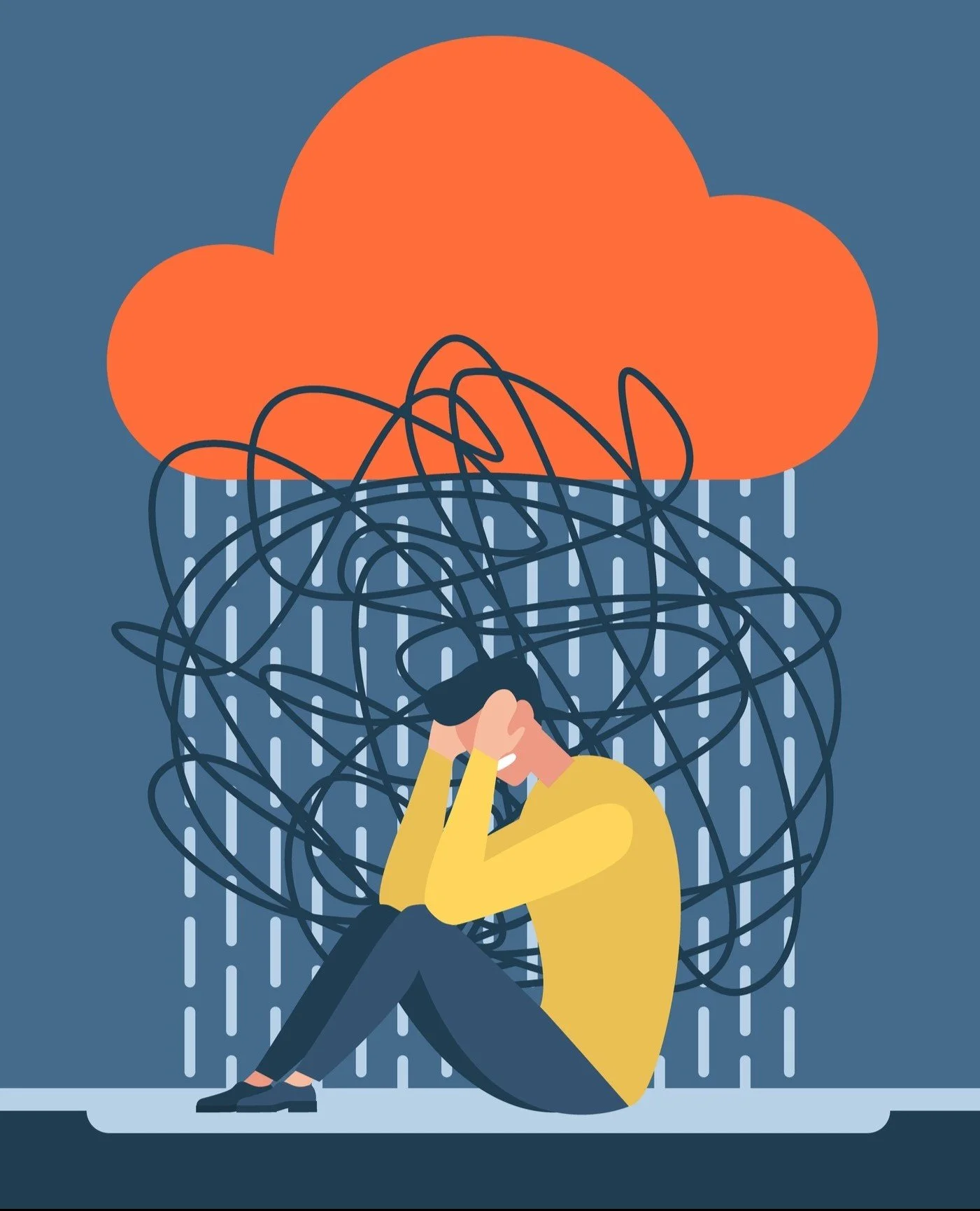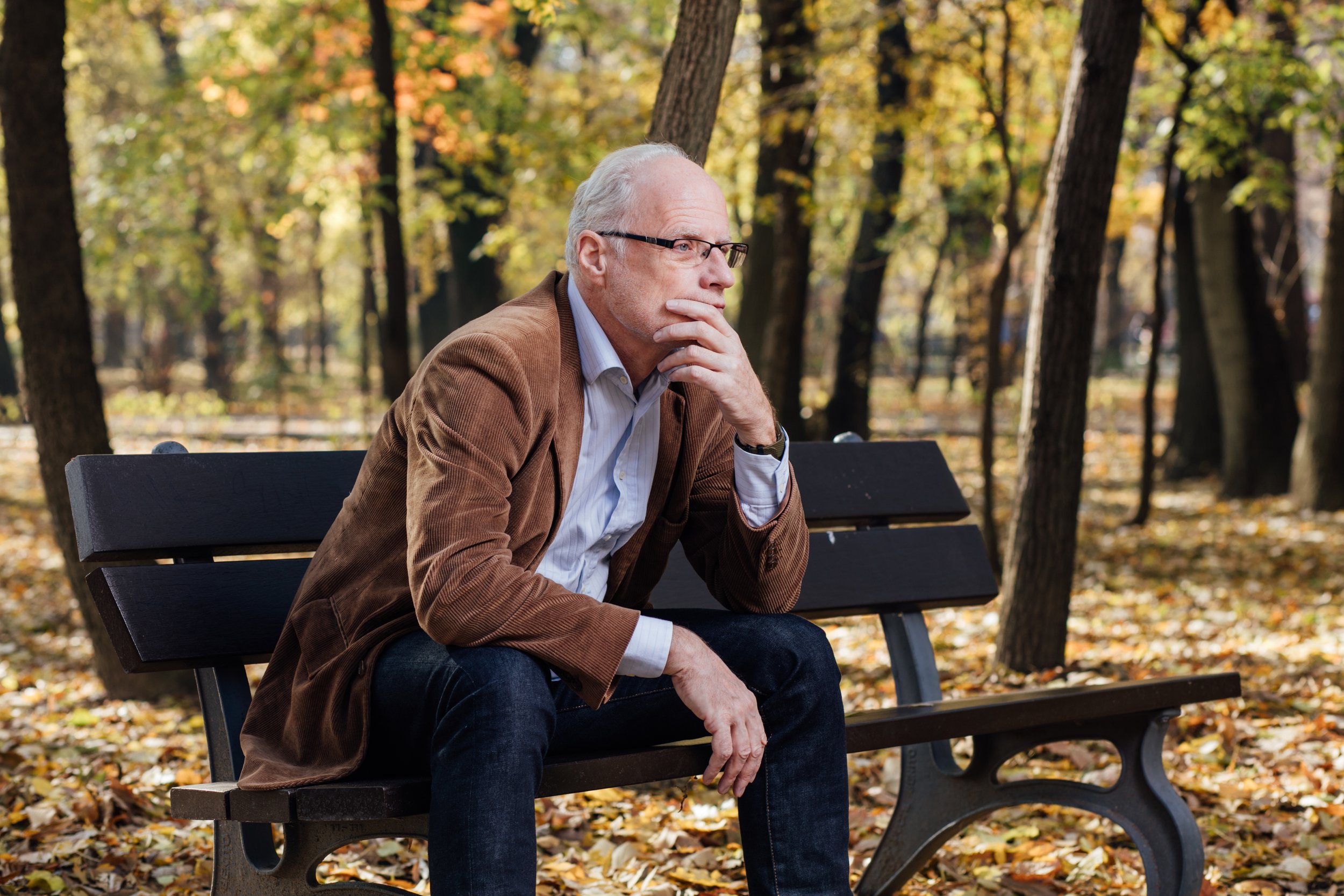Nerves are an unavoidable part of the interview process and affect us all, so don't equate this to failure or weakness. It's a perfectly normal human response as your body prepares you for a challenge.
Your interviewers will expect you to be nervous, but the following suggestions can help to lessen the symptoms and enable you to present yourself in the best way possible.
Read More














